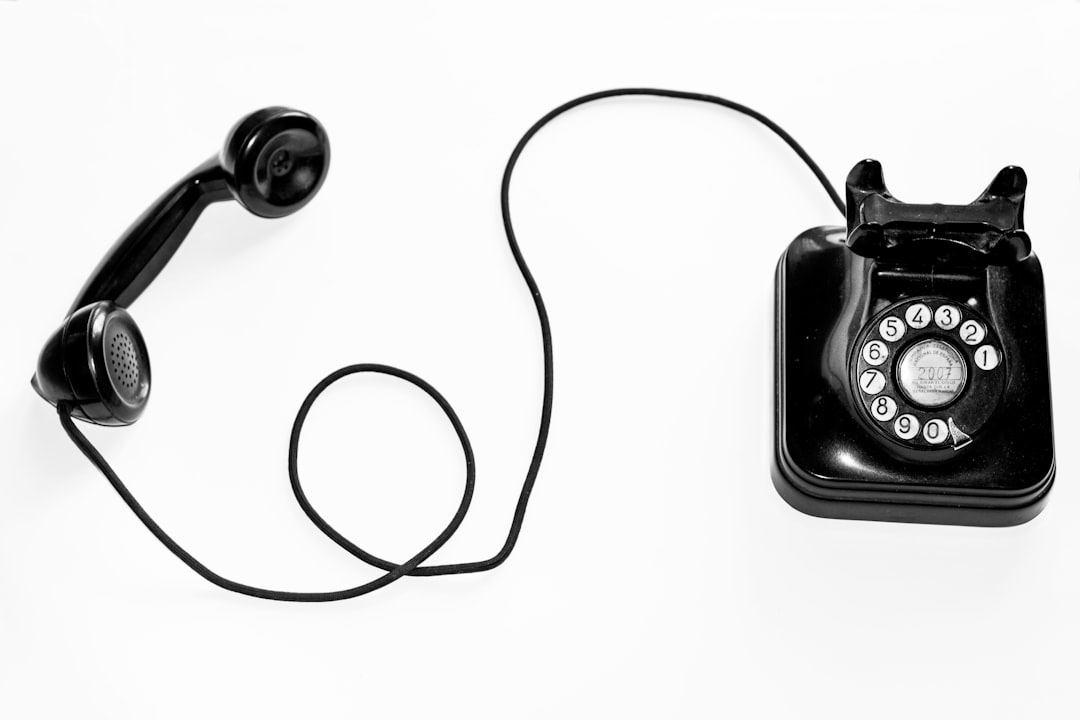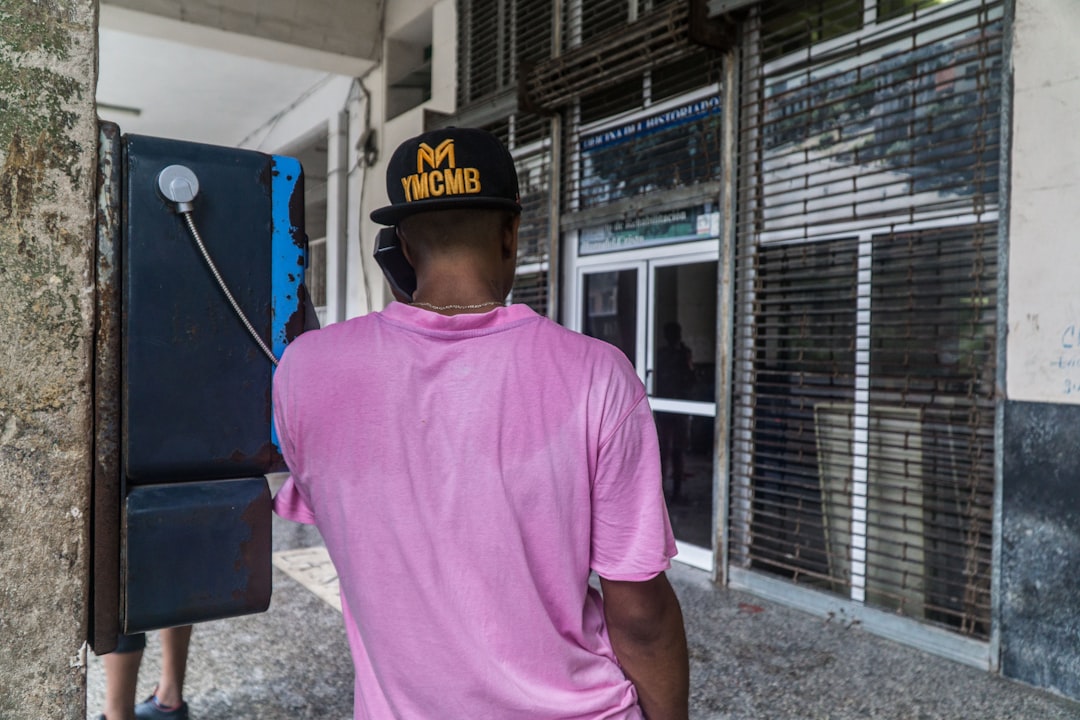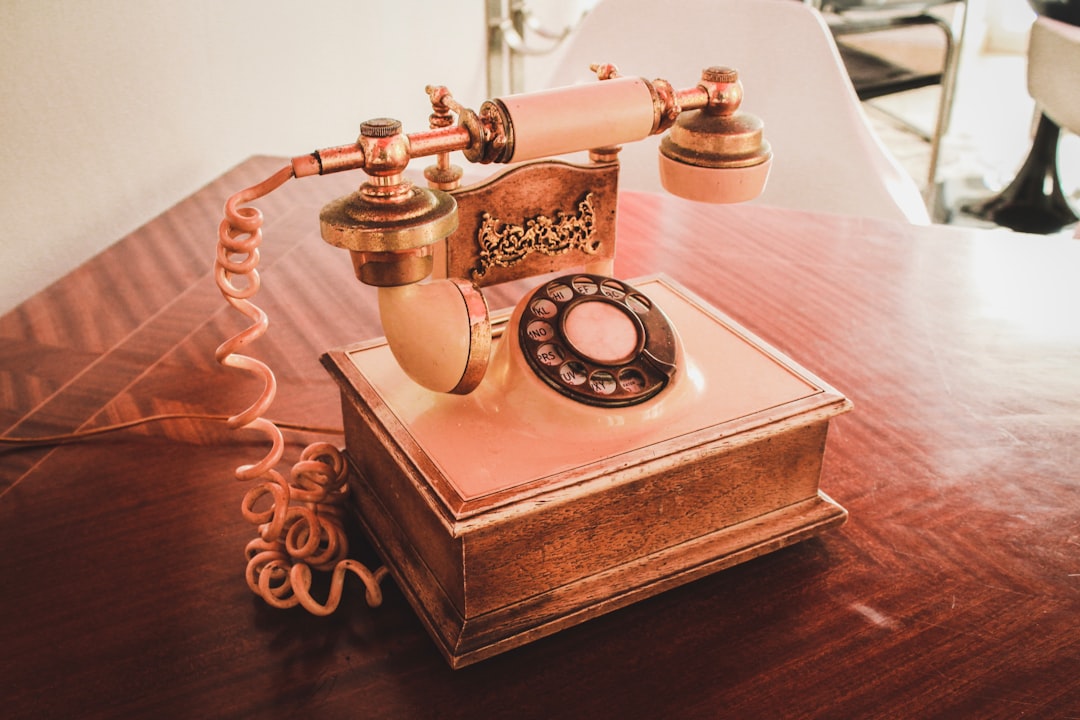Robocalls are a common problem in Florida, but federal laws like the TCPA restrict them. Consulting a specialized lawyer for robocall laws is crucial for navigating these regulations and avoiding severe penalties. Local apps like CallGuard and Hiya offer protection, while NoRobo connects users with lawyer networks for lawsuits. Legal experts can help stop unwanted calls and protect consumer rights under the TCPA.
Tired of relentless robocalls? Florida residents now have powerful tools at their fingertips to combat this growing nuisance. This article explores effective strategies to stop robocalls, focusing on top-rated Florida-based apps designed to block and protect against these unwanted calls. We also delve into the legal implications of robocalls in Florida and provide guidance on consulting a lawyer for robust legal solutions tailored to your needs.
Understanding Robocalls and Their Legal Implications in Florida

Robocalls, automated phone calls that deliver prerecorded messages, have become a ubiquitous yet nuisance in modern communication. While many robocalls promote legitimate services or products, others are used for fraudulent activities, such as identity theft and scams. In Florida, as in many states across the country, there are strict laws against unwanted robocalls.
The Telephone Consumer Protection Act (TCPA) of 1992, implemented by the Federal Communications Commission (FCC), restricts the use of automated phone systems to make or receive calls for marketing purposes without prior express consent. Violating these regulations can lead to significant legal implications, including substantial fines and damages. A lawyer specializing in robocall laws in Florida is crucial for businesses and individuals seeking to understand their rights and responsibilities under the TCPA to avoid costly legal repercussions.
Top Florida-Based Apps to Block and Protect Against Robocalls

In today’s digital era, robocalls have become a ubiquitous and often pesky problem for folks across the nation, including Florida. Fortunately, several Florida-based apps are leading the charge in protecting users from these unwanted calls. These innovative tools leverage advanced technologies like artificial intelligence to identify and block robocalls at their source, ensuring a quieter, more peaceful communication experience.
One standout app is CallGuard, developed by a team of local Florida tech experts. It seamlessly integrates with your phone’s existing features, automatically filtering out spam calls and allowing you to focus on genuine conversations. Another popular choice is Hiya, which not only blocks robocalls but also provides insights into the call patterns of known spammer numbers. For those seeking legal recourse against relentless robocallers, there’s NoRobo, offering a comprehensive solution that includes reporting tools and connections to local lawyer networks specializing in robocall lawsuits in Florida.
Navigating Legal Options: Consulting a Lawyer for Robocall Issues

Navigating the legal landscape surrounding robocalls can be complex, especially with varying state and federal regulations. If you’re facing an overwhelming number of robocalls or suspect illegal practices, consulting a lawyer specializing in telemarketing laws in Florida is a strategic move. These legal professionals are equipped to guide you through your rights and options under Florida’s Telemarketing Laws (also known as the Telephone Consumer Protection Act or TCPA).
They can help determine if the robocalls you’ve received violate these laws, which protect consumers from unwanted telemarketing calls, texts, and faxes. A lawyer can assess whether the callers have obtained proper consent or if they are engaging in abusive practices, such as making calls with an automated dialing system without a valid exception. With their expertise, they can represent your interests, negotiate on your behalf, or, if necessary, litigate to stop the robocalls and secure compensation for any harm caused by the violations.






